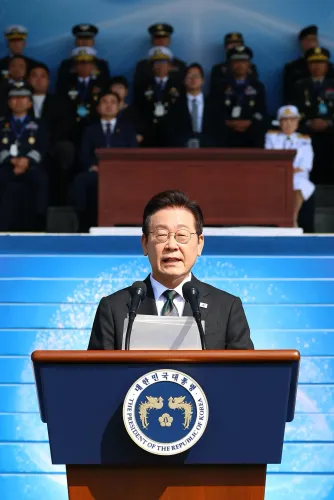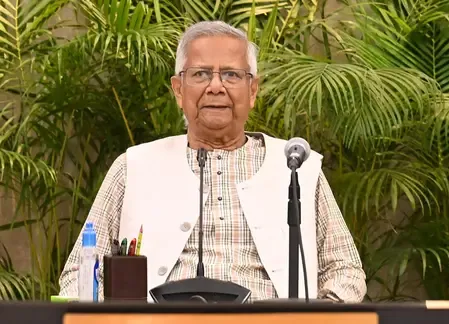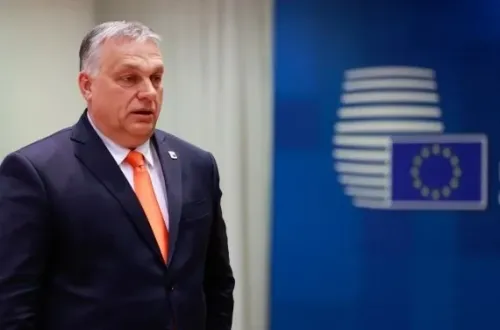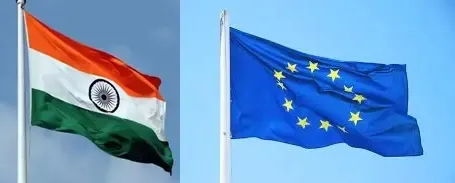How is South Sudan Tackling Pneumonia and Diarrhoea in Children?
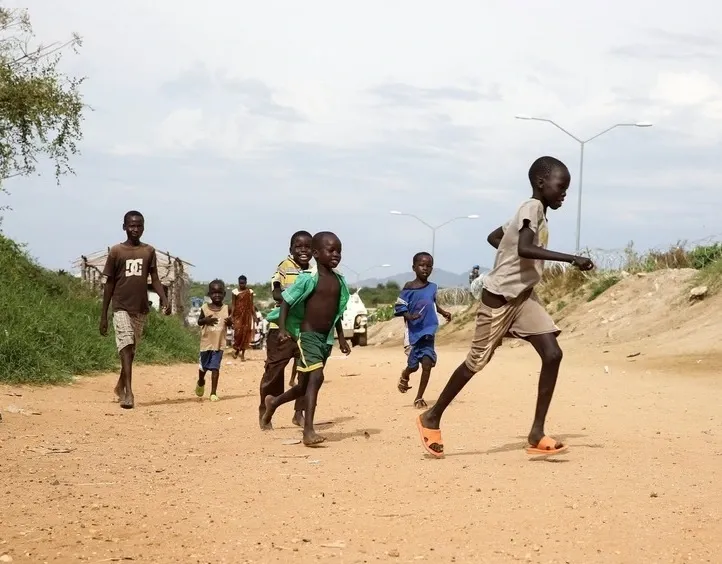
Synopsis
Key Takeaways
- South Sudan has launched two vaccines to combat pneumonia and diarrhoea in children under five.
- The initiative is supported by UN agencies.
- Training for health workers is underway to facilitate the vaccination process.
- The campaign will reach vulnerable children in remote areas.
- Vaccines are critical in reducing child mortality rates.
Juba, May 28 (NationPress) South Sudan, in collaboration with United Nations agencies, has initiated the distribution of two vaccines aimed at preventing pneumonia and severe diarrhoea in children under five years of age.
Anin Ngot Ngot Mou, the undersecretary in the Ministry of Health, characterized this launch as a transformative step in combating two primary contributors to child mortality within the nation.
"Today, we are embarking on a significant journey to safeguard the health and future of our children in South Sudan. Pneumococcal disease is the foremost cause of pneumonia, meningitis, and sepsis, particularly affecting children under five years old," Ngot stated on Tuesday during the launch event in Juba, South Sudan's capital.
The newly introduced vaccines—the pneumococcal conjugate vaccine (PCV) and the rotavirus vaccine—will be incorporated into the Expanded Programme on Immunisation (EPI), which was initiated by the World Health Organization (WHO) back in 1974.
Health professionals are currently undergoing training, and initiatives to raise public awareness are in progress to promote community acceptance and ensure extensive coverage, Ngot mentioned.
Obia Achieng, the deputy representative of the UN Children's Fund in South Sudan, noted that the vaccination initiative will span all 10 states and three administrative regions, prioritizing the outreach to vulnerable children in remote and conflict-impacted areas.
He emphasized that this campaign signifies a pivotal advancement for South Sudan, aligning with the formal introduction of both the PCV and the rotavirus vaccines into the national immunization framework, as reported by Xinhua news agency.
Despite these advancements, it remains a concern that approximately 40 percent of children in South Sudan reside more than 5 kilometers from the nearest health facility, with numerous families displaced due to ongoing conflicts.
Mutale Senkwe, WHO's deputy representative in South Sudan, remarked that this campaign underscores the nation’s dedication to shielding children from preventable illnesses.
Senkwe pointed out that since the inception of the EPI, vaccines have saved over 50 million children across Africa, and by 2024, a child in Africa will be 50 percent more likely to reach their next birthday than in a world without vaccines.

